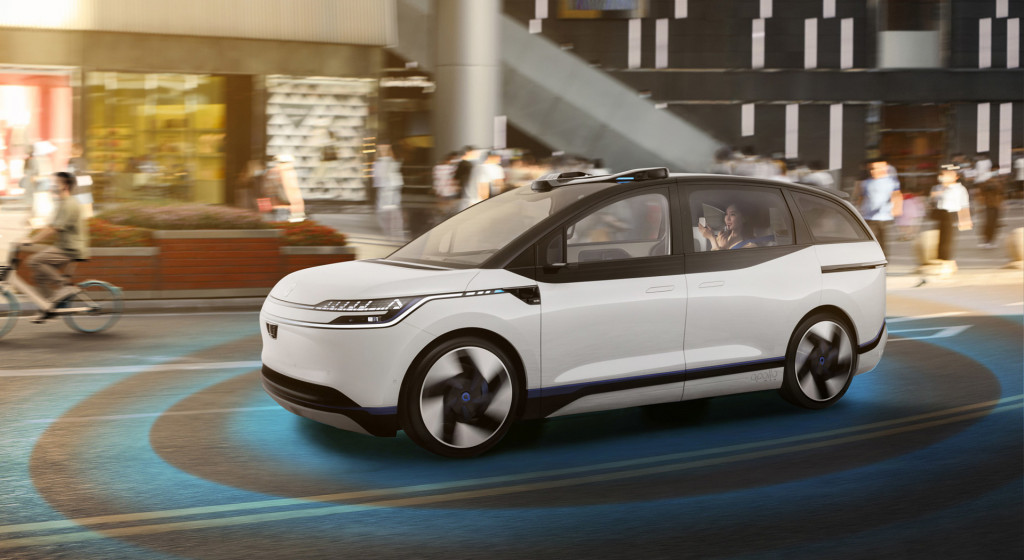Baidu has become the first company in China granted a permit to run a commercial self-driving taxi service without the need for a safety driver.
Baidu's service, known as Apollo Go, has been up and running in parts of China since 2021, but always with a safety driver either behind the wheel or in the front passenger seat.
That changed on Monday when the company announced its service is now permitted on open roads in the cities of Chongqing and Wuhan without a safety driver, albeit only during the daylight hours of 9 a.m. to 5 p.m. in Chongqing and 9 a.m. to 4:30 p.m. in Wuhan. The zones in which the taxis currently operate are also limited, measuring about 12 square miles in Chongqing's Yongchuan district and just about five square miles in Wuhan's Technological Development Zone.
The plan is to expand these zones as well as add more cities. Baidu's taxis are also operating in parts of Beijing, Shanghai, Guangzhou, and Shenzhen, and the company is seeking permission to have the services in Beijing and Guangzhou freed of the need for a safety driver next.
Baidu also aims to double the number of its taxis on Chinese roads to around 600 by the end of the year.
"This is a tremendous qualitative change," Wei Dong, head of Baidu's Intelligent Driving Group, said in a statement. "Fully driverless cars providing rides on open roads to paying customers means we have finally come to the moment that the industry has been longing for."

Baidu's Apollo RT6 self-driving taxi
To receive the permit, Baidu's taxis needed to undergo extensive testing and licensing, starting from testing with a safety driver behind the wheel to having the safety driver in the front passenger seat and then finally receiving permission to operate without anyone on board.
Baidu, which is often described as the Google of China as the company runs the largest search engine in the country, also on Monday revealed its sixth-generation self-driving taxi. Dubbed the Apollo RT6, the vehicle is claimed to have a unit cost of 250,000 renminbi (approximately $37,000) and will start operation in 2023.
In the U.S., Alphabet's Waymo and General Motors-backed Cruise are allowed to charge fares in their respective driverless taxis. Waymo's service is limited to parts of Phoenix but is being tested in San Francisco, while Cruise's service is limited to parts of San Francisco.
